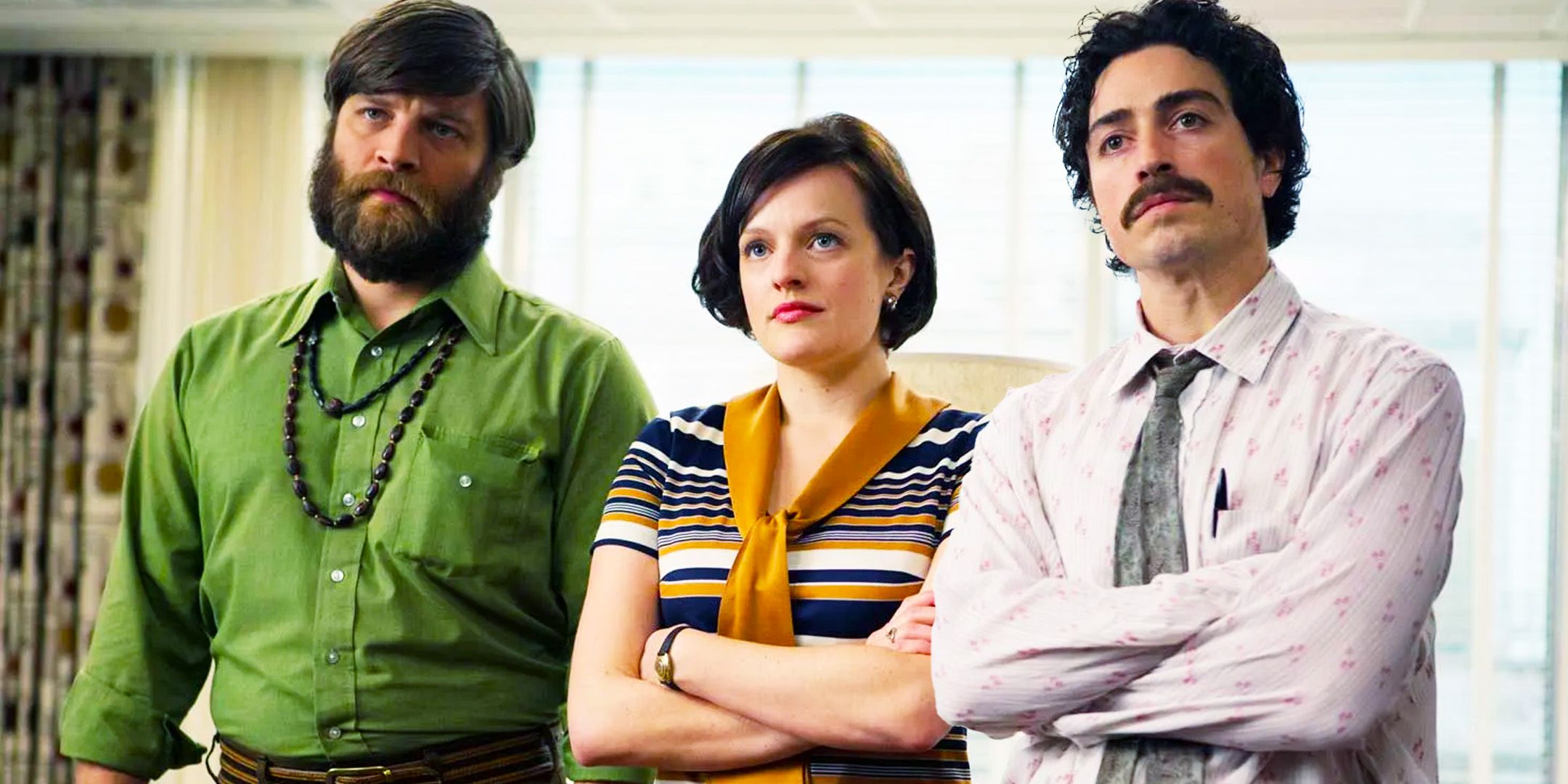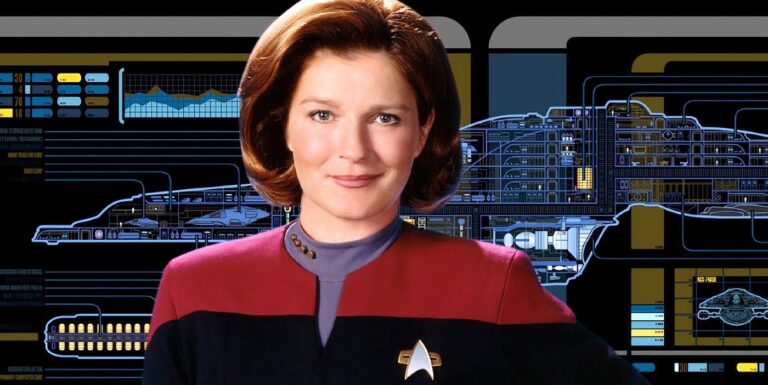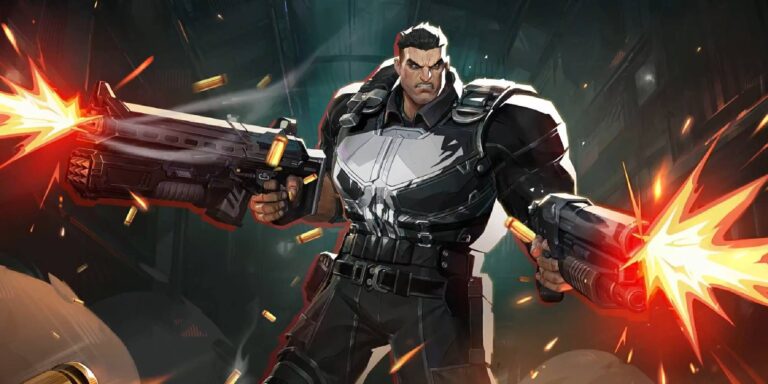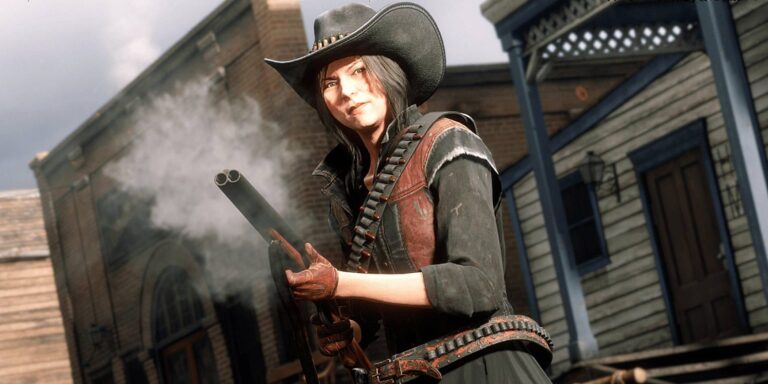Of all the upsetting character arcs in Mad Men, Michael Ginsberg’s mental unraveling stands out as one of the most brutal and haunting of the critically acclaimed series. A talented copywriter for Sterling Cooper Draper Pryce, Ginsberg’s storyline is a tragic blend of brilliant writing, subtle performance, and sharp cultural commentary — a quietly devastating thread woven into Mad Men’s challenging final season.
Ginsberg is one of Mad Men’s best characters, who begins as a socially awkward, eccentric copywriter with clear genius. But by season 7, his discomfort with the changing world around him, especially the increasing dominance of technology, leads to one of the show’s most shocking and painful exits. Ginsberg became increasingly unstable over time, and it accelerated to unmanageable levels when the company brought a computer into the office.
What Really Happened To Ginsberg In Mad Men Season 7
Technological Change Triggered A Complete Breakdown In Ginsberg
Since his introduction in Mad Men, Ginsberg had always been written as an eccentric character who did not fit in with his colleagues and often made offbeat remarks. Ben Feldman does a marvelous job of delivering his bizarre lines totally straight, which makes it uncertain which of his comments are jokes and which are sincere beliefs. The actor is commendable for not being heavy-handed in his portrayal of Ginsberg’s mental illness storyline — as is the show’s writing and creative choices.
The reveal of his background, having been born in a Holocaust concentration camp and adopted out of a Swedish orphanage, is an unexpectedly emotional curveball for his character — especially as he confesses it to Peggy in season 5, episode 6 “Far Away Places,” not facing her, and instead looking at her in the reflection of a window at night. This is one of a few tells that, for all his seemingly facetious comments about being a martian, Ginsberg really is profoundly lonely and misunderstood.
Season 7 accelerates his descent, particularly after the arrival of the IBM computer…
Ginsberg’s mental state began to fray in the later seasons. Season 7 accelerates his descent, particularly after the arrival of the IBM computer, which displaces the staff lounge. In episode 4, “The Monolith”, Ginsberg suffers a complete breakdown. The episode also gives a glimpse into the future of the agency. This belongs to people like Harry, representing television and computers. It is not only Ginsberg who fears being replaced as a creative, as Don expresses the same sentiments to the IBM salesman.
Other characters view the computer with indifference or derision. Stan casually dismisses it as a flashy bauble meant to impress clients. Roger cynically notes that it exists mainly to make Harry Crane feel important. Even Don, who senses its symbolic threat to creativity, engages with it more pragmatically. In contrast, Ginsberg sees the computer as a literal, existential danger — and his reaction, while extreme, underscores how isolating and destabilizing this change is for someone already struggling to stay grounded.
Related
One Of Mad Men’s Darkest Scenes Is Also One Of Its Funniest
Mad Men’s lawnmower scene is one of its most iconic moments because of the shock factor, dark humor, and the way the episode builds up to it.
His reaction to the new IBM computer becomes increasingly disturbed. He believes the machine is emitting signals that are altering people’s behavior, even telling Peggy that it’s turning men in the office homosexual. Attempting to shut off the machine’s influence, he severs his own nipple and places it in a gift box for Peggy. This grotesque offering is meant as both a warning and a final act of desperation.
After he presents Peggy with his nipple (“the valve”) and is carted away in a stretcher, he warns his colleagues to leave before machines replace them. After this scene, Ginsberg is never seen again, leaving a horrible pit of loss and uncertainty about his life after the breakdown.
Did Ginsberg Really Love Peggy?
Peggy Has Always Been Ginsberg’s Confidante
Ginsberg was able to let his guard down with Peggy and spoke to her as he would a peer, despite this not being appropriate — he did not pick up the social cue that Peggy was interviewing him before he got to meet Don, whom he idolized. Despite his rudeness, they build a strange kind of rapport, and Peggy warns him that he cannot speak to Don the way he speaks to her. In spite of her feeling threatened by Ginsberg’s obvious talent, it appears she does see something special in him and wants him to get the job.
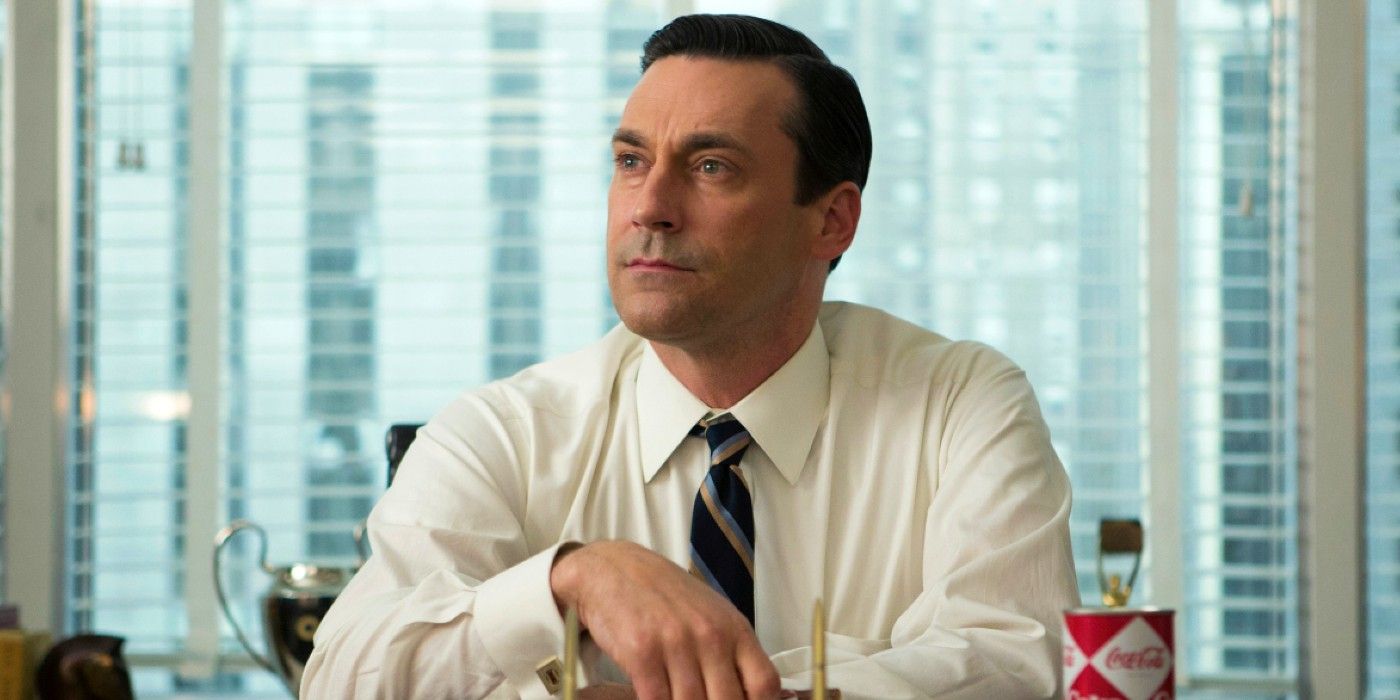
Related
Please, Don’t Let A Mad Men Revival Happen
Elisabeth Moss recently confirmed that she would be happy to return for a Mad Men revival, but this is a project that doesn’t need to happen.
His origin story reveal in “Far Away Places” showed a different side of Ginsberg that he didn’t expose to the other characters, marking a kind of intimacy between him and Peggy, though it wasn’t necessarily romantic. However, as his mental illness worsens, he becomes preoccupied with preserving not only his creative prowess, which reached a high following the success of his Jaguar pitch, one of the best pitches in Mad Men, but also his perceived masculinity. His outpouring of feelings for Peggy seems to be just one projection of the paranoid delusions he was experiencing rather than sincere romantic love.
Ginsberg Wouldn’t Have Lasted In Advertising After McCann Erickson Bought Sterling Cooper Draper Pryce
Ginzo’s Work Environment Would Only Have Got More Restrictive
A big part of what triggers the escalation of Ginsberg’s underlying mental illness is the gigantic IBM computer (the “monolith” of the episode, referencing Kubrick’s 2001: A Space Odyssey). This is made painfully obvious by a conversation between Don Draper and Harry Crane — Don bemoans the creative lounge being eclipsed by the machine, to which Harry responds, “It’s not symbolic.” This establishes the computer as a sincere threat to the creative department of the agency – the heart of advertising and, as per one of Don’s best quotes in Mad Men, “the least important, most important thing there is.”
In a less unsettling context, Ginsberg may well have thrived.
By season 7, creatives are fighting to maintain that sense of importance in a rapidly changing world, with the late 1960s seeing the birth of the computer and man setting foot on the moon. In a less unsettling context, Ginsberg may well have thrived. As Ted states, he is “lightning in a bottle“; he doesn’t think like everyone else, and comes up with objectively great ideas. However, the nipple incident shows how unstable he was. As an insightful psychologist told Vulture, the computer took over the creative space that made Ginsberg functional in the workplace.
Had Ginsberg recovered from his breakdown and returned to work, he would have found the agency to be unrecognizable. A big company like McCann Erickson buying SCDP out would mean more prioritization of Mad Men‘s Cutler and Lou’s style of working than the relative creative freedom of the earlier seasons. This would mean more restrictions, whereas Ginsberg would likely need some reasonable adjustments to be able to succeed and maintain his well-being.
Source: Vulture
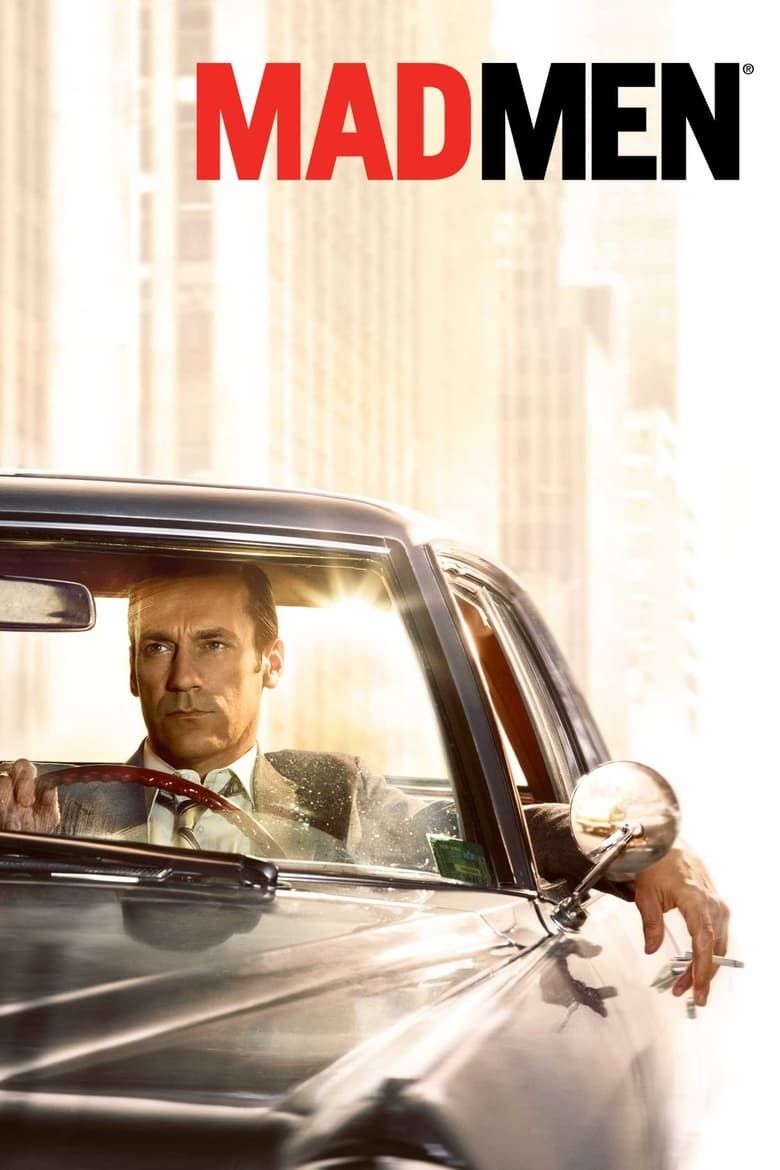
Mad Men
- Release Date
-
2007 – 2015-00-00
- Showrunner
-
Matthew Weiner
-

-

Elisabeth Moss
Peggy Olson
